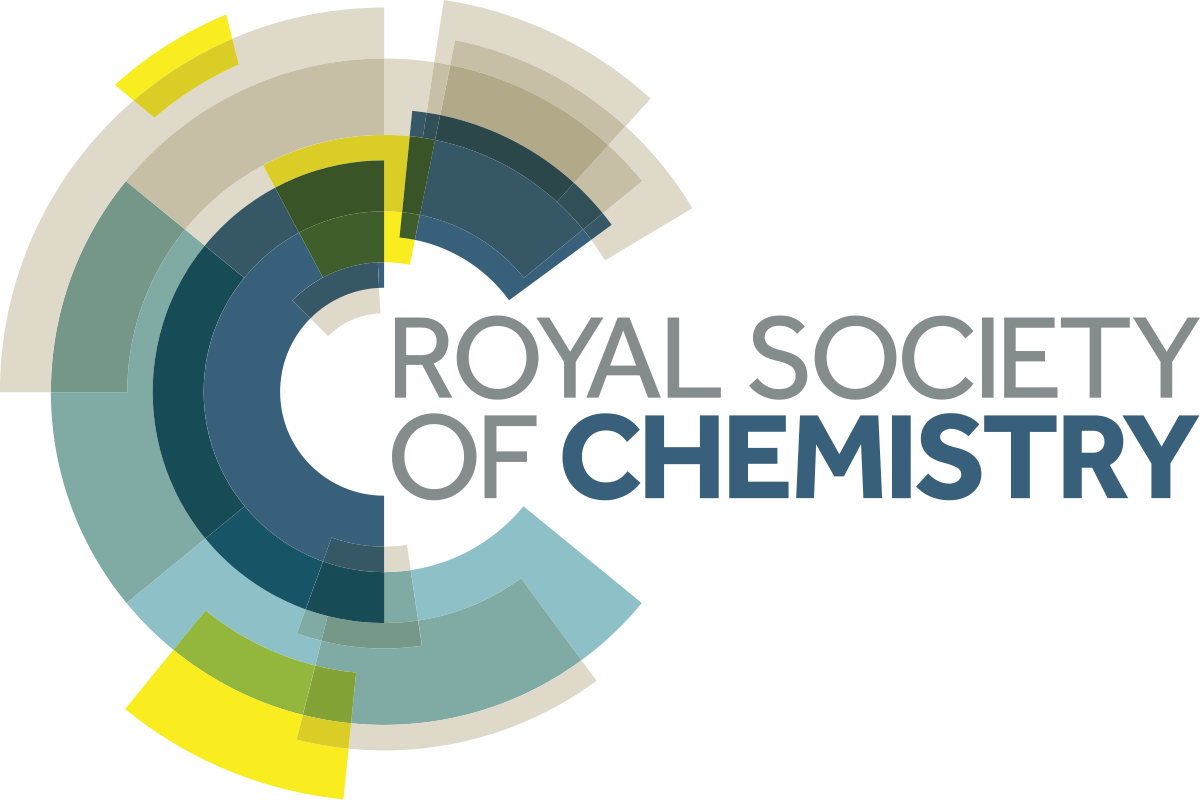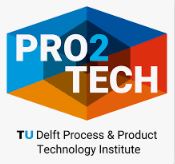Invited Speakers
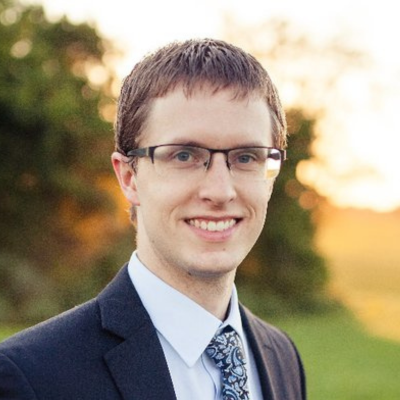
Tyler Josephson
Dr. Tyler R. Josephson is an Assistant Professor in Chemical, Biochemical, and Environmental Engineering at the University of Maryland, Baltimore County. He received his B.S. in Chemical Engineering from the University of Minnesota in 2011 and his Ph.D. in Chemical Engineering from the University of Delaware in 2017, after which he was a postdoctoral associate in the University of Minnesota Chemistry Department until 2020. In 2018, he spent time as a visiting scientist in the Mathematics of AI department at IBM Research. At UMBC, he leads the AI & Theory-Oriented Molecular Science (ATOMS) Lab, developing computational methods for molecular simulation and automated discovery of scientific theories. Techniques used in the ATOMS Lab include quantum chemistry, Monte Carlo, symbolic regression, and formal theorem proving using Lean. Dr. Josephson received the NSF Graduate Research Fellowship and is the 35th Laird Fellow at the University of Delaware. His research is supported by the National Science Foundation and the Department of Energy, including the NSF CAREER Award for “Automated Reasoning to Advance Chemical Theory.”
Lourdes Vega
Prof. Lourdes F. Vega is a Full Professor in Chemical Engineering, Acting Senior Director of the Petroleum Institute, devoted to Sustainable Fuels, from a broad perspective, and Director and Founder of the Research and Innovation Center on CO2 and hydrogen (RICH Center), focused on decarbonization, hydrogen and clean energy, at Khalifa University in Abu Dhabi, United Arab Emirates. Prof. Vega has developed her career between academia and industry, with relevant positions in the USA, Europe, and the UAE. With more than 220 publications, 10 commercialized products and 6 patents under exploitation, she is internationally recognized for her contributions on molecular thermodynamics, moving fundamental science to the applied world in the areas of clean energy and sustainable products, focused on the whole value chain of hydrogen, CO2 capture and utilization, sustainable fuels, sustainable cooling systems, and water treatment. She has successfully led several large industrial-academic consortia related to these topics. Among other recognitions, she received in 2020 the Mohammed Bin Rashid Medal of Scientific Distinguishment for her contributions in clean energy and sustainable products, and the award in Physics, Innovation and Technology by the BBVA Foundation and Spanish Royal Society of Physics in 2013. She is an elected member of the MBR Academy of Scientists, a Corresponding Member of the Academy of Mathematics, Physical Chemistry and Natural Sciences of Granada, and an Elected Fellow of the American Institute of Chemical Engineers. She serves as a member of the Emirate Scientist Council, led by the Ministry of advanced technology, and as the co-Editor-in-Chief of the Journal of Molecular Liquids (Elsevier). She is also an independent member of the Board of Directors of two companies and several academic institutions.
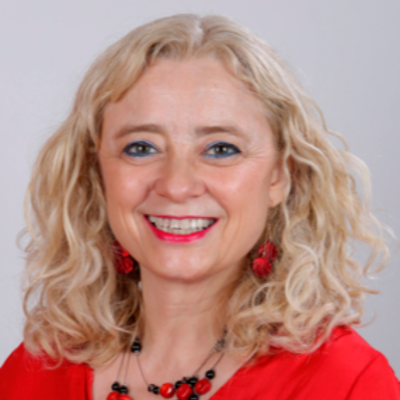
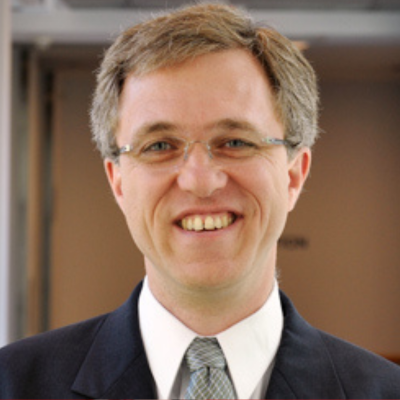
Randall Snurr
Randy Snurr is the John G. Searle Professor and Department Chair of Chemical and Biological Engineering at Northwestern University. He holds BSE and PhD degrees in chemical engineering from the University of Pennsylvania and the University of California, Berkeley, respectively. He performed post-doctoral research at the University of Leipzig in Germany supported by a fellowship from the Alexander von Humboldt Foundation. Other honors include a CAREER award from the National Science Foundation, the Institute Award for Excellence in Industrial Gases Technology from the American Institute of Chemical Engineers, the Ernest W. Thiele Award from the Chicago Section of AIChE, and election as a corresponding member of the Saxon Academy of Sciences.
He has been named a Highly Cited Researcher by Thomson Reuters/Clarivate Analytics. He served as a Senior Editor for the Journal of Physical Chemistryand is currently on the advisory boards of several journals. His research interests include development of new nanoporous materials for energy and environmental applications, molecular simulation, machine learning, adsorption separations, diffusion in nanoporous materials, and catalysis.
Hans Hasse
Prof. Hans Hasse is a Professor of Thermodynamics at RPTU Kaiserslautern, Germany. His research focusses on properties of complex fluid mixtures and links molecular thermodynamics to fluid separation process design. He is author of more than 400 scientific papers and 40 patents and has received many distinctions, including an ERC Advanced Grant and the Ernest Solvay Prize. Since 2020, he is Vice President of the German Science Foundation DFG. Before joining RPTU Kaiserslautern, he was a Professor of Thermodynamics and Fluid Separations at University of Stuttgart, and a process engineer at BASF, Ludwigshafen.
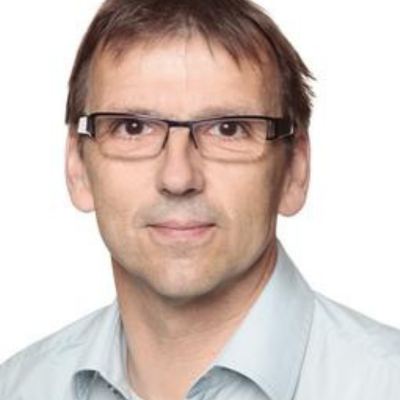
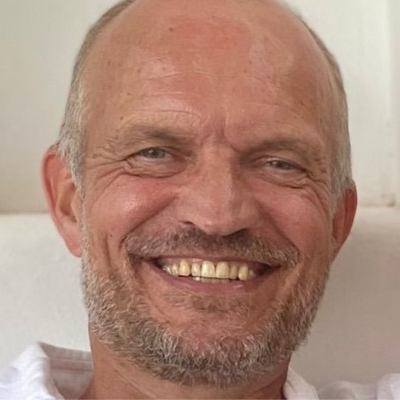
Antoon ten Kate
Antoon ten Kate is Principal Scientist at Nouryon in the New Platforms and Partnerships department. He received a M.Sc. degree in Chemical Engineering (1988) and a PhD (1993) from the Technical University of Delft, the Netherlands, and since 1993 employed at Nouryon (and its predecessor AkzoNobel), holding various positions in R&D, for different Business Units and Shared Services, in the Netherlands and USA. ten Kate’s industrial experience spans all scales of research and development in the fine-chemical and specialties sector, resulting in over 45 patents / patent applications in the process technology area. Besides he is (co)author of over 20 peer-reviewed articles in international journals. His work has focused on conceptual design of integral processes for strategic step-change improvements, leading to the implementation of novel and optimized batch and continuous processes in production facilities worldwide. His core expertise cover process technology, conceptual design, modeling and simulation, applied thermodynamics. On personal title or as representative of Nouryon he is member of a number of consortia and networks, such as Chairman of Advisory Board KT Consortium (DTU, DK); member of the Executive Board of European Federation of Chemical Engineering (EFCE); elected member of EFCE working party on thermodynamic & transport properties (EFCE-WP TTP); member of the Royal Dutch Chemical Society (KNCV).
Erika Eiser
After studying physics at the Univ. of Konstanz (Germany) I received my PhD degree from the Weizmann Institute, Israel, in Soft Matter Physics. Following postdoctoral research at the Univ. of Montpellier and the European Synchrotron Radiation Facility in Grenoble (France), I joined the University of Amsterdam as Assistant Professor, where I started research on DNA-driven self-assembly of colloids, DNA hydrogels and the self-assembly of various other systems using various microscopy and rheology methods. My group continues this work in Cambridge.
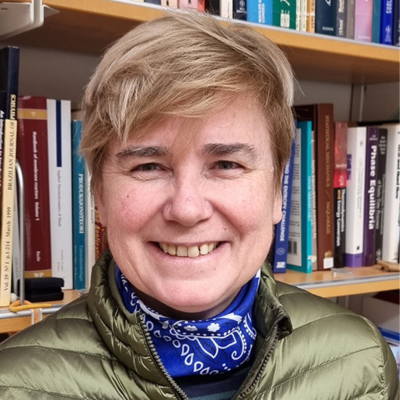
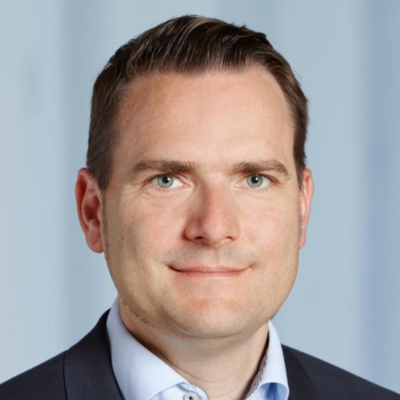
André Bardow
André Bardow has been full professor for Energy and Process Systems Engineering at ETH Zurich since 2020. Previously, he was a professor and head of the Institute of Technical Thermodynamics at RWTH Aachen University (2010-2020) and associate professor at TU Delft (2007-2010). He was also in part-time director of the Institute for Energy and Climate Research (IEK-10) at Forschungszentrum Jülich, Germany (2017-2022). He was a visiting professor at the University of California, Santa Barbara (2015/16). He earned his Ph.D. degree at RWTH Aachen University. Prof. Bardow is a fellow of the Royal Chemical Society and chairs the Technical Committee for Thermodynamics of VDI – The Association of German Engineers. He received the Recent Innovative Contribution Award of the CAPE-Working Party of the European Federation of Chemical Engineering (EFCE) in 2019, and the PSE Model-Based Innovation (MBI) Prize by Process Systems Enterprise in 2018. He was the first recipient of the Covestro Science Award. In 2009, he received the Arnold-Eucken-Award of the VDI-Society for Chemical Engineering (GVC). He is the recipient of RWTH’s “FAMOS für Familie” award for family-friendly leadership, and of teaching awards at RWTH and TU Delft.
Michael Cates
Michael Elmhirst Cates FRS FRSE HonFInstP is a British physicist. He is the 19th Lucasian Professor of Mathematics at the University of Cambridge and has held this position since 1 July 2015. He was previously Professor of Natural Philosophy at the University of Edinburgh, and held a Royal Society Research Professorship from 2007-2022. His work focuses on the theory of soft matter, such as polymers, colloids, gels, liquid crystals, and granular material. He has worked on theories of active matter, particularly dense suspensions of self-propelled particles which can include motile bacteria. His interests also include fundamental field theories of active systems in which time-reversal symmetry is absent. Such theories are characterised by non-zero steady-state entropy production. He was elected an international member of the US NAE in 2019 and NAS in 2021.
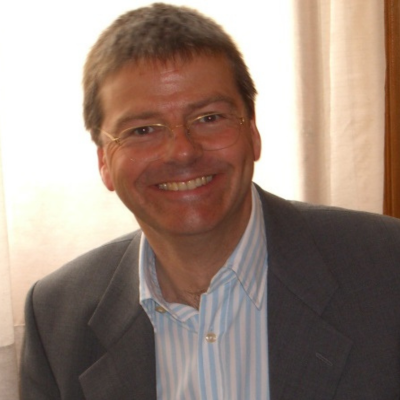
Our Partners & Sponsors

